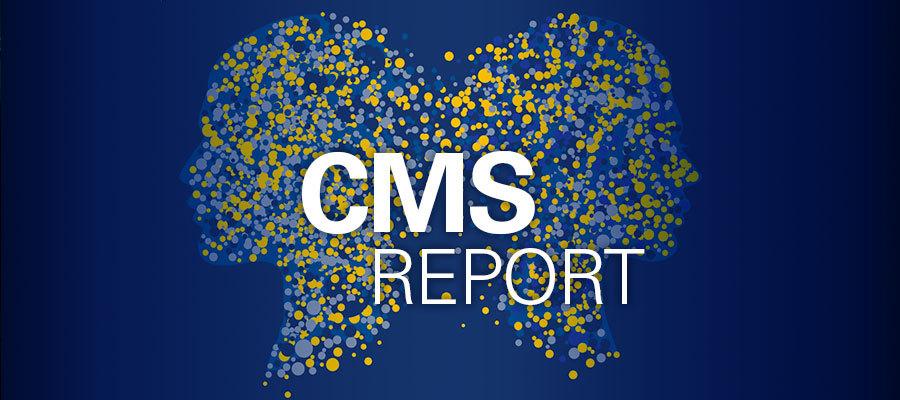Hospital Insurance Trust Fund solvent five additional years until 2036, Medicare trustees project

The Medicare Hospital Insurance Trust Fund will have sufficient funds to pay full benefits until 2036, according to the latest annual report by the Medicare Board of Trustees. That’s five years longer than reported last year, mainly due to strong economic and job growth, lower projected health care spending based on more recent data and a policy change to exclude medical education expenses associated with Medicare Advantage enrollees from the fee-for-service per capita costs used in the development of MA spending, trustees said. Known as Medicare Part A, the HI Trust Fund helps pay for inpatient hospital services, hospice care, and skilled nursing facility and home health services following hospital stays.
The Trustees report also projects that the Supplemental Medical Insurance Trust Fund, which funds Medicare Part B and Part D, is adequately financed into the indefinite future because, unlike the other trust funds, the federal government automatically adjusts SMI Trust Fund contributions and premiums annually to cover costs for the upcoming year. However, the report notes that Medicare Part B and Part D spending are projected to increase faster than general economic growth in the next five years.
The report notes that the “Trustees assume that the long-range NHE growth differential will continue to narrow, consistent with the trajectory observed over the past half century, and that cost-reduction provisions required under current law will further decrease this gap.”

